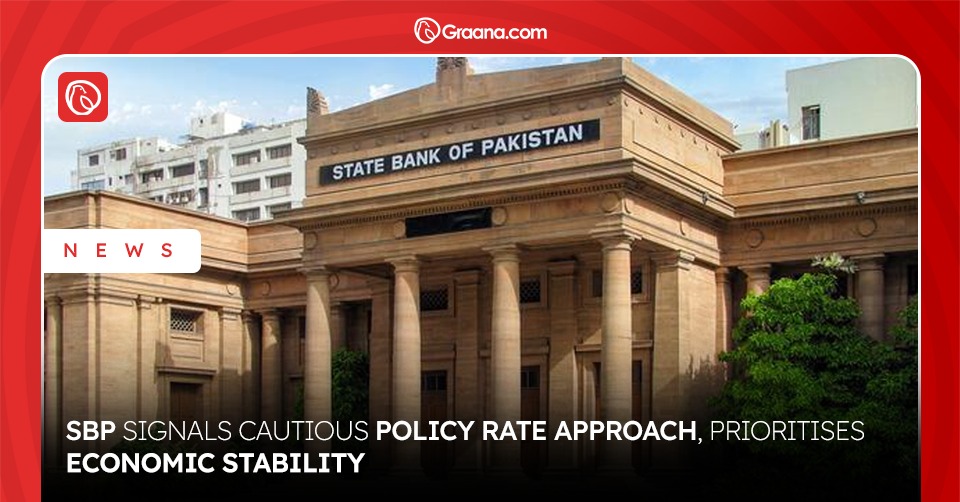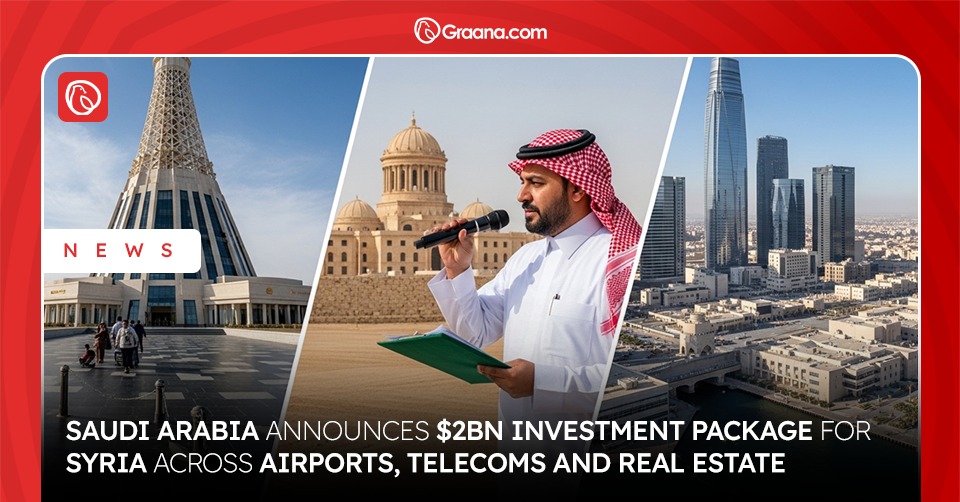More Than Just a Defence Deal
On September 17, 2025, Pakistan and Saudi Arabia signed a “Strategic Mutual Defense Agreement.” Under this deal, any aggression against one country will be taken as aggression against both. The agreement commits to deeper military cooperation, joint deterrence, and enhanced regional security ties.
At first glance, this is clearly a geopolitical and security move. But its consequences may reach deeper – into sectors that are usually shielded from military-strategy headlines. One of those is real estate. As Pakistan prepares to step into a more complex regional security role, what might this shift mean for property markets, land value, investment, urban planning, and infrastructure?
In this blog, we’ll explore possible impacts of the Pak-Saudi defense pact on Pakistan’s real estate. We’ll cover what seems likely, what could go wrong, and what Pakistan should do now so the benefits reach beyond the military and political layers.
What the Defence Deal Really Entails
Before discussing real estate, let’s summarize what we do know (and what remains uncertain):
- The deal formalizes mutual defense: any attack on one is an attack on both.
- It is meant to deepen cooperation in defense and deterrence against threats
- Timing is important: it comes amid growing unease in the Gulf regarding the reliability of traditional security guarantors (like the United States), especially after events like the strike on Qatar
What isn’t clear yet: which military assets, bases, or deployments will be involved if aggression occurs; how much of the agreement is symbolic vs. operational; what Pakistan’s commitment will cost; how its neighboring countries will interpret or respond; and what safeguards or oversight will be in place.
Potential Real Estate Impacts: Ripples from Defence to Development
Here are several ways this defense pact could influence Pakistan’s real estate sector:
1. Increased Investor Confidence (Local & Foreign)
Real estate developers and investors pay attention to stability. Defense pacts like this one send a signal that Pakistan is aligning with powerful allies and is taking steps to safeguard its security. That can boost confidence. Investors may see reduced risk of political instability or cross-border insecurity, which often depresses property values, particularly in border or conflict-sensitive regions.
This could lead to:
- More foreign direct investment (FDI) in real estate, especially for large residential, commercial, or mixed-use projects, if investors feel more assured of long-term security.
- Greater interest in premium, gated, or high-end housing, where buyers care heavily about stability, access, and safety.
- Growth in land purchases in areas previously viewed as higher risk due to geopolitical concerns (for example, regions near borders or in proximity to strategic assets), as risk premiums decline.
2. Strategic & Defence Zoning, Land Use Shifts
With a mutual defense agreement, there may be changes in how land is used around military installations, bases, border areas, or sensitive zones. Some possible effects:
- Areas near planned or existing military facilities may see higher demand (or at least higher value) for housing by military personnel. This could lead to real estate development near or around such zones.
- Zoning laws and regulations might be tightened around certain strategic assets for security reasons. This could limit civilian construction in those zones or impose more stringent building codes.
- Governments may designate buffer zones or reclassify some areas as no-go for non-military purposes or subject to extra regulation. That could increase costs or limit usable land for developers.
3. Infrastructure Investment & Defence-Led Projects Spillover
Defense agreements often bring with them the need for supporting infrastructure: roads, logistics corridors, security installations, housing for armed forces, medical facilities, etc. This could lead to:
- Upgrades in connectivity (roads, airports) for strategic movement of personnel and equipment, which can have spillover benefits for nearby property markets.
- New developments of military housing, which might require contractors, materials, and services – thus boosting the real estate supply chain.
- Ancillary amenities: security, communication lines, utilities—areas around military or defense zones might get better services, raising property values.
4. Urban Expansion & Satellite Towns
To accommodate both the civilian population growth and potential military/defense-related settlements, there may be more push for planned towns and urban expansions near strategic locations. This could also relieve pressure on major metropolitan areas. Developers might find opportunity in:
- Suburban and peri-urban land, especially along defense-friendly corridors.
- Mixed-use developments combining residential, commercial, and defense-support services.
- Senior & exclusive projects for high-net-worth individuals seeking security assurances, privacy, or proximity to strategic zones.
5. Risks of Overvaluation & Misallocation
Not everything will be positive. Here are possible downsides:
- Speculation may push land prices in strategic zones to unsustainable levels, especially before actual infrastructure or regulation supports the increase. Some people buy anticipating profits tied to defense interests, which may or may not materialize.
- Projects planned without full consideration for environmental, social, or logistical feasibility may flounder if security imperatives limit access or if regulation becomes more restrictive.
- If the defense pact raises tensions with neighboring countries or unsettles regional dynamics, there might be unexpected risks that undermine real estate (e.g., investor flight, insurance costs, devaluation of certain areas).
What Pakistan Needs to Do to Make It Work for Real Estate
For real estate to benefit – and not just see speculative bubbles or unintended negative effects – Pakistan should consider the following:
A. Transparent Urban & Strategic Planning
The government should integrate this defense pact into its urban planning. That means mapping out which areas are likely to be deemed strategic and communicating clearly where expansion, buffer zones, or special regulations apply. That allows developers to plan accordingly, prevents surprises, and reduces wasted investments.
B. Regulatory Clarity & Land-Use Laws
Developers need to know, ahead of time, what regulations will apply: how close to military installations they can build, what kind of construction is allowed, and what security regulations must be met. Clear land title systems remain essential. Zoning and permitting processes should be fast-tracked or at least made predictable.
C. Incentives for Inclusive Development
It would be tempting for developers to focus solely on high-end projects near strategic zones. Pakistan should offer incentives (tax breaks, subsidized land, fast approvals) for affordable housing, for middle-income populations, and for ensuring that infrastructure keeps up (roads, utilities, schools, healthcare) so that people moving into new or expanded areas have necessary services.
D. Environmental, Social, and Security Assessment
Because security imperatives may introduce restrictions or environmental risk (e.g. buffer zones, restricted airspace, risk of military escalation), there should be strong assessment processes. This helps avoid losses when projects are built but can’t be used as intended or face regulatory stoppages.
E. Financing & Insurance Mechanisms
Given the increased perceived security, financial institutions may be more willing to extend loans or mortgages in areas affected by the pact. But Pakistan should ensure there are risk-assessed insurance products and lending frameworks that account for both opportunity and potential downside (e.g., in case of geopolitical blowback).
Likely Scenarios: Best Case vs Worst Case
To bring this into sharper focus, here are two possible futures, depending on how well the implementation is handled.
Best Case
Pakistan uses the defense pact to attract more foreign capital. Developers partner with the government to build secure, well-planned communities around strategic zones. Infrastructure keeps up. Real estate growth becomes more balanced: not just luxury towers in Karachi or Islamabad, but expanded suburban developments and new towns with adequate services. Landowners near strategic zones see value appreciation. Housing becomes more affordable in newer developments due to economies of scale. The real estate sector becomes a stronger engine of economic growth, employment, and urban modernization.
Worst Case
Regulation lags behind euphoria. Land near strategic zones is hoarded in speculative bets. Prices surge without adequate infrastructure. New housing is priced out of reach for many. Developers face bottlenecks (permits, utility provision, environmental clearances). Security restrictions make access difficult. Regions in tension become risk zones, scaring off investment. Ultimately, parts of the real estate market become overinflated, and some projects fail or stall, possibly leaving financial losses for investors and buyers.
Conclusion: Defence and Development Intertwined
The Pak-Saudi defense pact is more than a diplomatic statement. It has the potential to shift how land is perceived, how cities expand, where people live, and how infrastructure is developed in Pakistan. With careful planning, good regulation, and foresight, it could unlock growth, particularly in real estate – but it also comes with risk.
If I were advising the government, I’d say, “Don’t just treat this as a security deal.” Treat it as a development opportunity. Align the defense interests with urban planning, transparent regulation, and inclusive policies. That’s how Pakistan can ensure that the real estate sector doesn’t just ride on the waves of geopolitics but becomes more resilient, fair, and productive.




